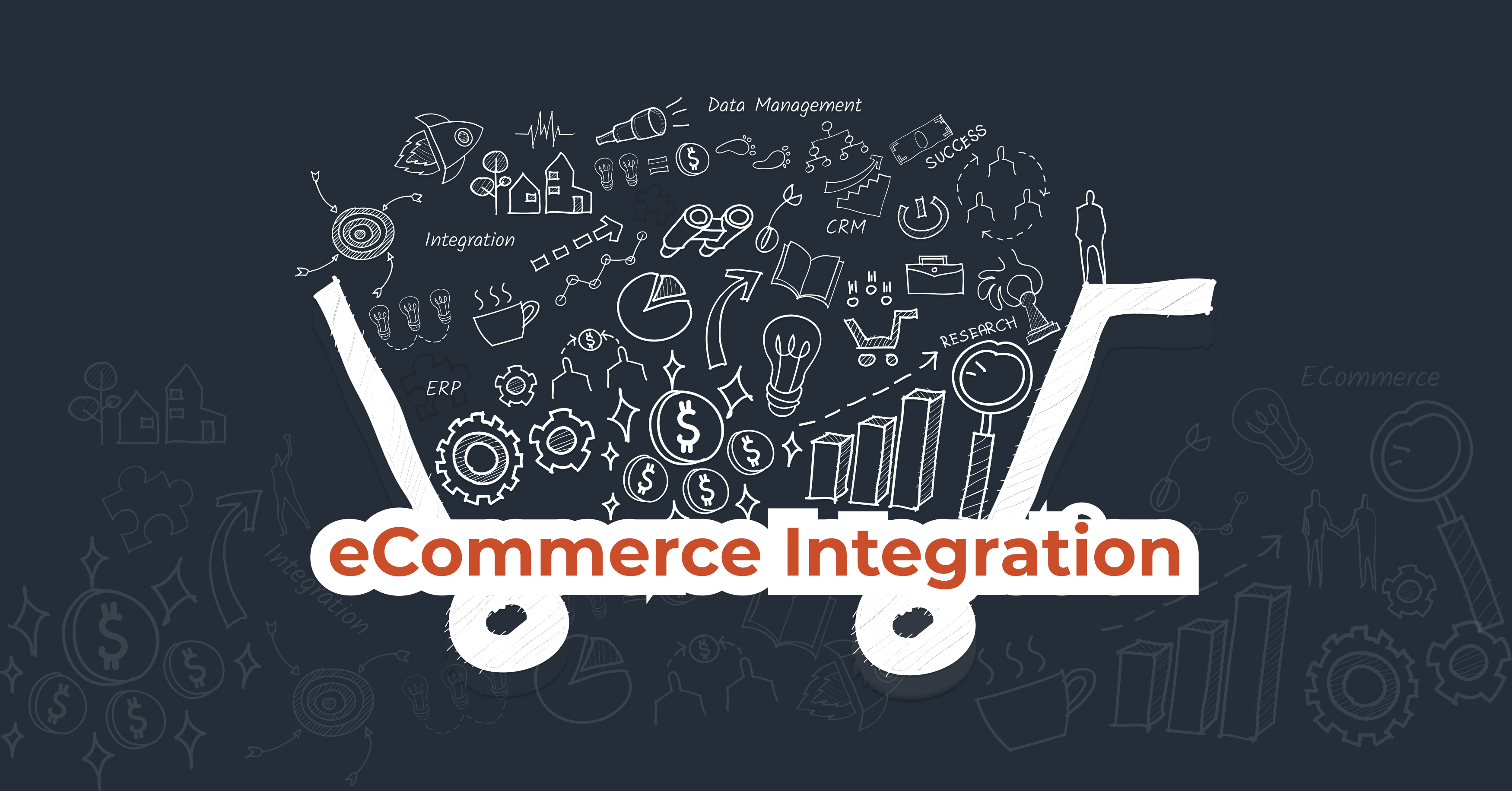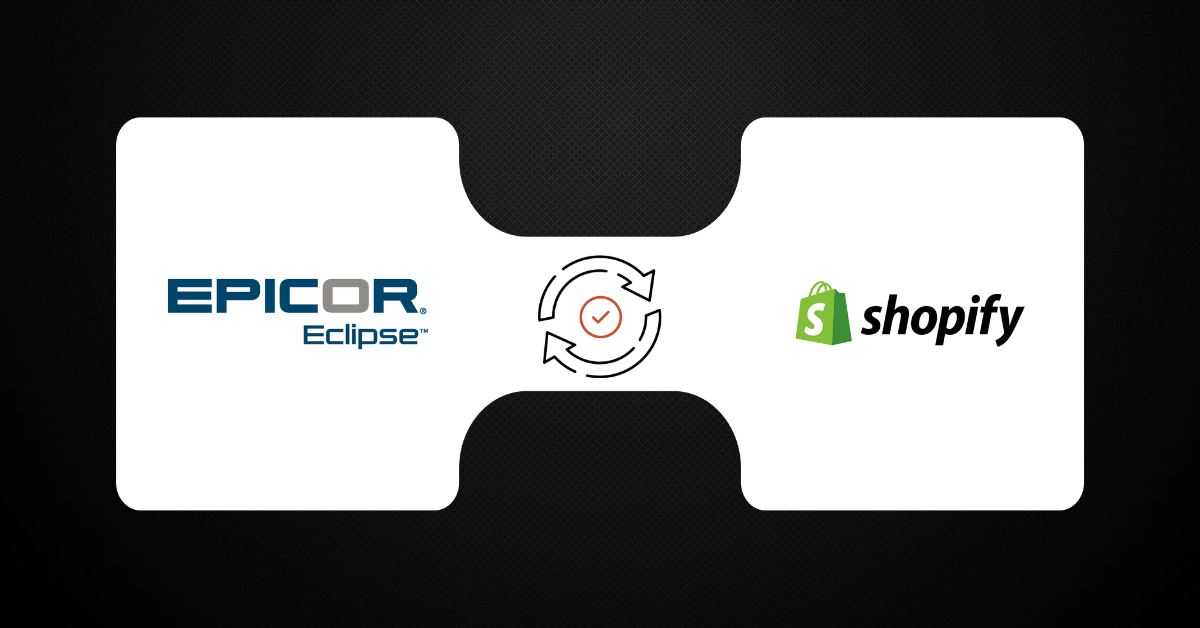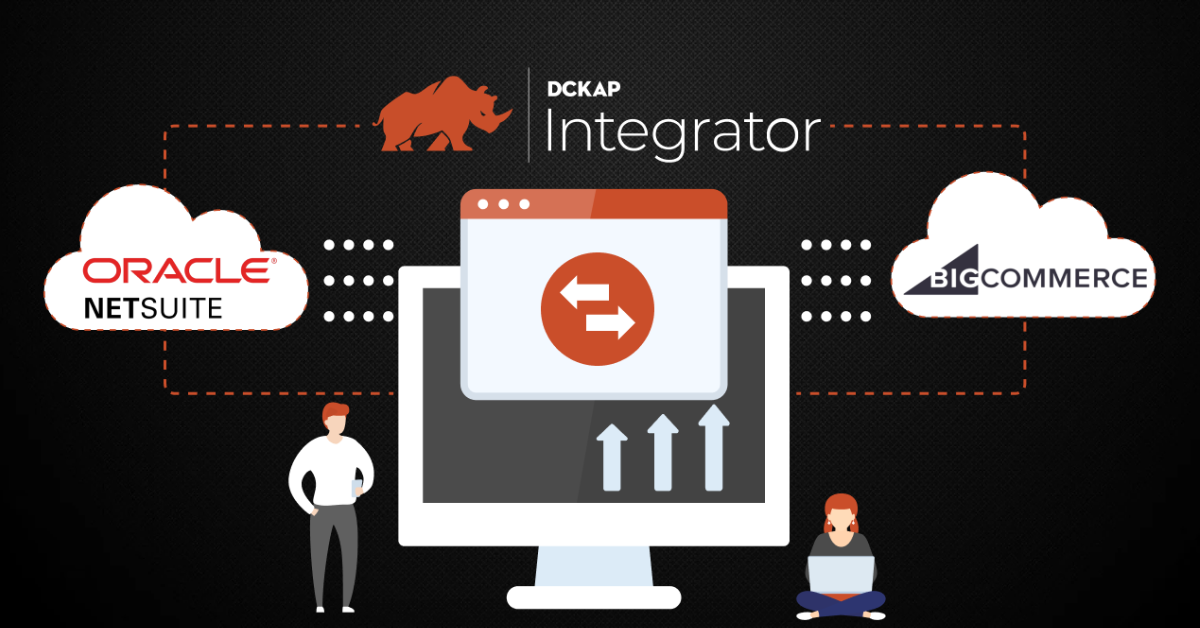eCommerce integration is the process of integrating your ecommerce platform with your back-end systems. This allows you to manage your inventory, customer data, orders, and shipping from one central location. eCommerce integration can streamline your business operations and help you provide a better customer experience.
Contents
How Do You Integrate Your eCommerce Platform?
eCommerce is a complex system that requires integration with various systems, such as ERP, CRM, payment gateways and credit card processing. This can be done using the following methods:
Custom Integration
Developing a completely customized code to connect your ecommerce platform with other business is one method to integrate the tool. It works especially if the business has unique requirements, offering greater flexibility than other methods.
This can be expensive, and would require expertise at hand for continued maintenance of the integration.
Point-to-Point Integration
This method involves connecting the ecommerce platform with one other platform directly. Here, each connection is built individually. It’s especially useful with there are minimal integrations required and if there is any hesitance with involving an intermediary layer.
However, this method can pose challenges when it comes to scaling. Adding new systems or keeping up with organizational expansion can be tricky and would need additional expert intervention.
Middleware or iPaaS
A middleware solution allows you to integrate everything from product management, inventory management and order fulfillment into one system. You can then use this integrated system to access other systems like CRM and ERP at any time.
There are a lot of integration solution providers in the market that help you connect various third party applications in your business, namely, DCKAP Integrator, Celigo, MuleSoft, Cleo, Jitterbit. Choosing the right one according to your business requirement is crucial to amplify your business requirements.
Types of eCommerce Integration
ERP Integration
ERM (enterprise resource planning) integration allows you to connect your ERP system with your online store. ERP systems are used by companies of all sizes, including large corporations and small businesses alike, for financial management and business operations.
You can gain insight into sales and marketing data as well as account information from your ERP system and use it within your eCommerce website or mobile application.
Read More: A Complete Guide to ERP Integration: Types, Benefits and Challenges
Shipping Integration
With shipping integration, the customers can order products with the help of their online shopping cart. The product is shipped to the customer’s doorstep and delivered at a later date. This type of integration is helpful for businesses who want to offer their products at a low price but still want to maintain the quality of products delivered by them.
Storefront Integration
A storefront integration enables a store owner to sell products directly from his website or app using an online store front. The business owner can also set up a certain payment method for every merchant and sell their products through it. This helps them reach more customers without any hassle.
Merchant Integration
Merchant integrations are similar to storefront integrations but they allow you to process payments and add items to your shopping cart through an existing merchant account. This makes things much faster because there is no need for any additional coding or setup on your end.
You just have to fill out forms and make sure everything gets processed correctly so that payment can be processed in real time as soon as someone shops through the merchant’s site or app.
Customer Relationship Management (CRM) Integration
The most common type of integration between an ecommerce platform and a sales and marketing system is customer relationship management. CRM software typically offers a customer history feature that allows you to see how customers interact with your business, including their contact information, purchase history and more. This can help you better understand what motivates your customers and make decisions on how to improve the customer experience.
POS Integration
POS (point of sale) solutions are used by retailers to process transactions in store locations. POS systems have been around for decades and have become increasingly popular over time due to their flexibility and ability to integrate with other systems such as accounting software or inventory management software. eCommerce POS integration allows retailers to manage their inventory from any point-of-sale device (iPad, laptop computer or iPhone), with zero hassles.
Relevant Reading: 8 Best, Most Useful eCommerce Integrations
What Are the Benefits of eCommerce Integration?
eCommerce integrations or eCommerce data integration can do wonders for your online business. It can automate many of the processes that are necessary to run an online store, including inventory management, order processing, and shipping. It can also provide customers with a better shopping experience by allowing them to purchase items directly from your website. In short, ecommerce integration can make your life easier and your business more successful.
1. Eliminate Manual Data Entry
The first benefit of ecommerce integration is the elimination of manual order entry. It automatically captures all the information related to your business and sales process. This will help you make better decisions regarding sales, marketing and customer service, as well as improve overall efficiency in your business.
2. Accurate Data and Inventory Levels
When you use an eCommerce platform, you can easily manage all your products and their pricing information without having to manually update it every day or week. You can also easily track sales figures from each product category so that you have a clear idea about how well your products are selling relative to others on the market.
3. Automatic Notifications for Customers
When you use an eCommerce platform, you can send personalized messages to your customers based on their needs and preferences so that they know exactly what they want before they make a purchase decision.
This helps increase customer loyalty and drive more sales over time by offering timely updates on products and services that are trending at the moment or by offering special offers for new orders or existing ones.
4. Simplified Pricing
You no longer need to manually enter products into your shopping cart and then update the price on them when an order comes in. Instead, you can use a simple drag-and-drop system to do this automatically. This means that you will be able to offer different prices for different products, which means that it is much easier for customers to find what they are looking for.
You also won’t have to worry about dealing with returns after the customer has placed an order because you will have already sent them an email telling them about the item that they ordered and how much it costs. This makes it easy for customers to make sure that they get exactly what they want before placing an order.
5. Opportunity to Reach New Market
One of the most important benefits of ecommerce integration is the ability to reach new markets. By integrating your store with a B2B portal, you can build your brand and expand your customer base. If you’re in the software industry, for example, having a presence on a B2B portal will allow you to reach new customers who are looking for software solutions.
If you’re looking to grow your customer base, integrating your webstore with a B2B portal will give you access to new markets. As more companies start using these platforms, there will be an increase in demand for products and services from both sides of the equation.
What are the Obstacles in eCommerce Integration?
There are many potential obstacles when it comes to integrating ecommerce. Here are some of the challenges:
1. Lack of Clear Understanding of Requirements
Many businesses are still using antiquated systems that are not compatible with ecommerce. The integration process can be complicated and time-consuming if you’re not sure what you need to integrate, or how to do it properly.
2. Outdated Legacy Systems
Legacy systems may not have the functionality needed for an eCommerce site, so they need to be replaced with something more capable.
If you do not have a plan for replacing these systems, then they will continue to struggle with new technologies as they become available and take advantage of new features like mobile shopping and social sharing options.
3. Lack of Multichannel Management
This means that there’s no way for an organization to manage its entire customer base from one place (like account management). Without multichannel management capabilities, an organization’s entire customer base could be managed from one place through multiple channels such as web or mobile app stores.
Recommended Reading: An Overview of Business Implications of ERP eCommerce Integration
Why do you Need eCommerce Integration?
Integrating eCommerce with your website can help you build a more attractive customer experience, improve your search rankings and increase conversions. This is because it allows you to provide customers with relevant products, prices and information in a single view.
By integrating eCommerce into your website, you can also:
- Provide an intuitive shopping experience for visitors through product filters and recommendations based on their previous purchases;
- Provide customers with up-to-date product information by allowing them to browse through the latest products available on your site;
- Incorporate online payment options so that customers can pay for their purchases quickly and easily;
- Enable cross-channel marketing campaigns that promote both online and in-store purchases (e.g., advertising special offers on social media sites).
- Save time by automating tasks like order processing and inventory management and encourage customers to buy more from your store.
- Eliminate duplicate data entry and other manual processes that can add to your overhead costs.
How DCKAP Integrator Helps eCommerce Integration for Distributors
As an ERP integration platform built for distributors, DCKAP Integrator manages all of your data flow and transfer between two or more data points, including CRM, ERP, etc. No special coding knowledge is needed to integrate your web application with a third-party service while using DCKAP Integrator. Moreover, Since the tool can handle the majority of these operations without issue, it enables hassle-free integration while still being extremely efficient and user-friendly.
Leading ERP systems including SAP, Oracle, Epicor Prophet 21, Acumatica, Distribution One, Infor, Sage, etc. can be easily integrated with your eCommerce platform by using DCKAP Integrator.
If you’re just getting started, our experts in integration can help you streamline hassle-free bi-directional data sync using DCKAP Integrator. Get in touch with us anytime or take a peek at the live product tour with a simple click!




